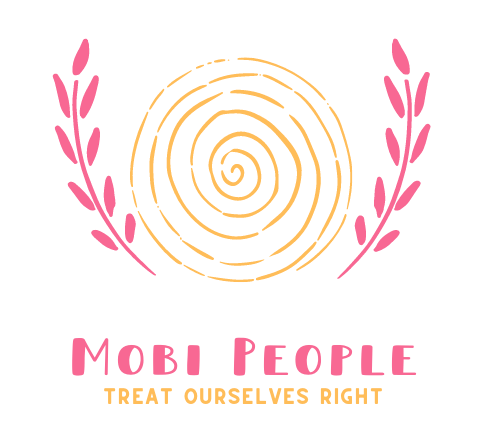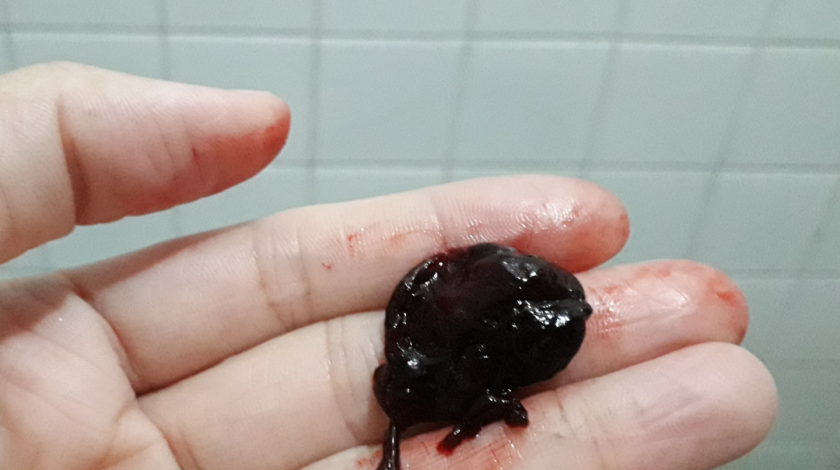What are blood clots?
Blood clots are a common occurrence in the human body. If a blood clot is not treated in time, it can cause serious damage to the surrounding tissue and even death. But, what exactly is a blood clot? A blood clot is a group of blood cells that stick together, forming a mass. They are commonly found in the deep veins of the legs and arms. When the clots get dislodged, they will usually cause pain. Once the clots are removed, the pain usually goes away.
Your blood clotting abilities are crucial to your health and general wellbeing, as a mild form of clotting can help you get rid of pesky blisters and scabs, while a severe form can kill you if it’s not treated. However, if you’re heading for the doctor with a swollen ankle or some bruising, you might think that you’ve got some kind of blood clot when you’re actually just in a lot of pain.
What causes blood clots?
Obesity
Obesity has been linked to an increased risk of heart disease, stroke, cancer, and gallbladder problems. It is also known to cause a number of other health issues as well. Obesity is known to cause inflammation in the body, which often leads to a number of other serious diseases. Additionally, obesity is a well-recognized risk factor for blood clotting. Increased body weight causes poor blood flow in the veins which raises the risk of thrombosis and blood clots. This can have severe consequences for the person’s cardiovascular health. If you or a loved one is struggling with obesity and its associated health risks, seeking cardiology care in Milford, PA (if that is where you are located), or in your vicinity is crucial. Experienced cardiologists specializing in comprehensive heart care can help manage obesity-related health concerns and reduce the risk of heart disease and other complications.
Sitting For a Long Period of Time
Blood clotting is a natural function in our bodies, and we rarely pay attention to it unless an injury or surgery results in a blood clot. However, it’s important to know that prolonged sitting can cause blood clotting, as we all know from experience. In fact, sitting for long periods of time can be dangerous and can cause more serious conditions in some people.
Irregular Heartbeat
Many people experience what’s called an “irregular heartbeat,” or an irregular heartbeat or abnormal heartbeat, or simply a heart palpitation, meaning the heart beats too slow or too quickly, or just feels “off.” This can cause the heart to not pump blood well, which can lead to a blood clot, which can lead to heart attack or death. An irregular heartbeat is a serious heart condition that affects about one in three adults and is the most common type of heart attack, although about half of all heart attacks happen to people who do not have an irregular heartbeat. If you suspect that this is happening to you, it is important that you speak with specialists such as the Cardiovascular Group, for example, to check on your heart health and see if there is anything that can be done.
Surgery Or Injury
Anything from your child’s broken arm to a bad fall can cause a blood clot in today’s medical world. This often happens as a result of trauma or surgery. Gallbladder problems caused by surgery could also lead to blood clots, most likely due to gross medical negligence. Additionally, it can also happen due to a blood clotting disorder, such as Marfan syndrome.
Varicose Veins
Blood clots are caused by a buildup of platelets in the blood, which can cause a condition called deep venous thrombosis (DVT), a very serious condition that can cause death if not treated quickly. The buildup of platelets is caused by a problem with the veins in the legs, and the most common culprit is a condition known as varicose veins.
How to avoid blood clotting?
As mentioned, there are various ways blood clots can form in your body. Oftentimes, these are dismissed with the belief that they will not cause many problems later. On the contrary, conditions such as irregular heartbeats, varicose veins and obesity lay the foundation for further cardiovascular problems that need to be addressed.
If you happen to be experiencing any of these aforementioned issues, you should have your body scanned to detect blood clots. Perhaps consider browsing through the web after looking up “radiology near me in Wayne“, or wherever you may be. Once the scan has been completed, follow up with a doctor to rule out the possibility of having a clot in your blood vessels because it can be potentially dangerous when left undetected.
A blood clot can form inside your arteries and can block the flow of blood to your heart, lungs, brain, or legs. A clot can form in the vessels at any age and can occur at any time. The most common type of clot is one that travels from your legs to your lungs. The risk of blood clots varies from person to person, but women are at greater risk of developing a blood clot in the deep veins of their legs and are advised to wear stockings or special shoes to prevent this.
Usually, blood clotting is a very calm and orderly process. However, sometimes blood clotting can go from zero to 60 in a matter of minutes and cause serious harm to the body. The worst thing about blood clotting is that it’s difficult to predict when it’s going to happen. The best way to avoid blood clotting is to exercise and eat a balanced diet with food high in vitamin K, which is important for blood clotting.


